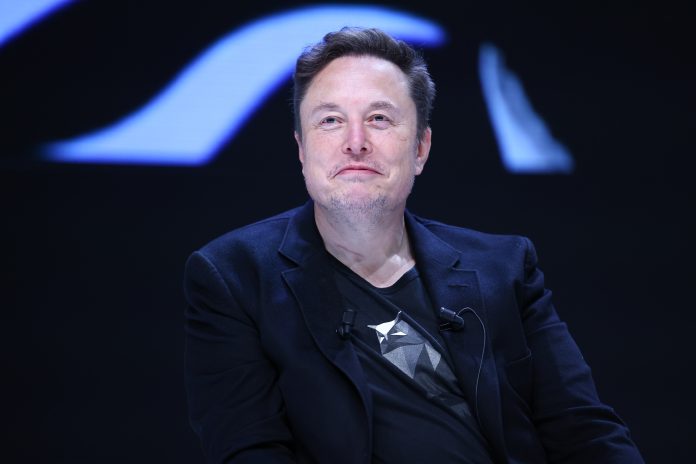After Elon Musk purchased Twitter and renamed it X, he became a vociferous voice for the After Elon Musk acquired Twitter and rebranded it as X, he became a staunch advocate for the First Amendment, positioning himself as a “free speech absolutist.”
Musk quickly relaxed content moderation on the platform, allowing a wide range of content—ranging from hateful and controversial to misinformation—to proliferate with minimal restriction.
“Moderation is a propaganda word for censorship,” Musk has argued.
Today, Musk echoed his free speech stance in response to the arrest of Pavel Durov, the founder and CEO of Telegram, near Paris on Saturday. French authorities are investigating Durov for alleged criminal activities—including fraud, drug trafficking, and organized crime—conducted via Telegram. This arrest follows criticisms from several European countries accusing Telegram of insufficiently moderating criminal content.
Durov, a figure similar in spirit to Musk, fled Russia to avoid surrendering user data from his previous venture, Vkontakte, and has consistently resisted calls to censor content on Telegram related to conflicts in Ukraine and Gaza, as well as communications with groups deemed terrorist by some Western governments.
“We cannot make messaging technology secure for everybody except terrorists,” Durov stated in a 2016 CNN interview. “It’s either secure or not secure.”
This sentiment resonates with Musk, who has condemned Durov’s arrest as an attack on free speech. In recent posts, Musk criticized the move, writing, “Liberté Liberté! Liberté?” and describing the situation as “dangerous times.”
Musk supported Durov with a “FreePavel” hashtag and shared a video of Durov praising Musk’s pro-free-speech views during an interview with Tucker Carlson.
Musk also amplified criticism by reposting a tweet from Chris Pavlovski, CEO of Rumble, who condemned France’s actions as crossing a red line.
Despite his commitment to free speech, Musk has faced criticism for his own approach to dissent on X. He has terminated employees who disagreed with him and banned accounts that were critical of his actions.
But could Musk be next?
The arrest has led to speculation about whether Musk’s own policies on X could invite similar legal challenges.
Critics point out that while Musk promotes a free speech ethos, he has also been known to silence dissenting voices on his platform, raising questions about the consistency of his free speech advocacy.


